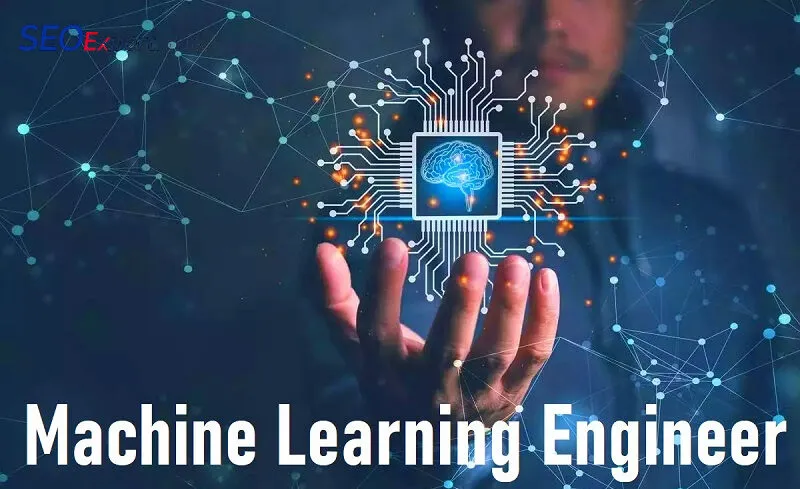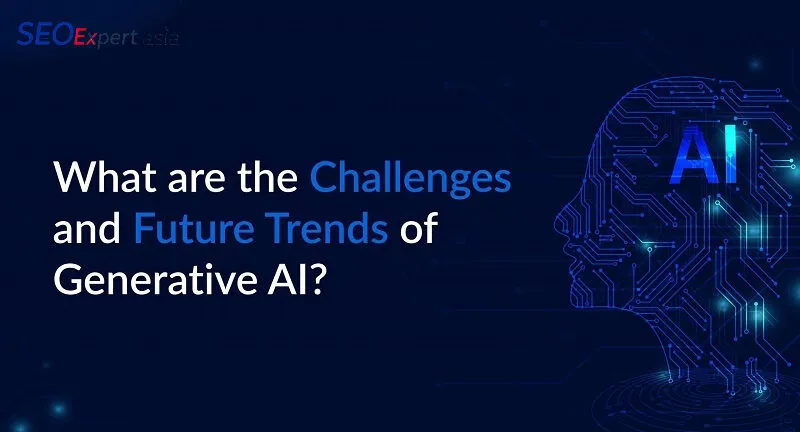In today’s fast-paced technological era, the role of a Deep Learning Engineer is becoming increasingly vital. With artificial intelligence (AI) transforming industries—from healthcare and finance to autonomous vehicles and entertainment—companies are seeking professionals who can build, train, and deploy deep learning models that drive innovation. In this article, we’ll explore what it takes to become a Deep Learning Engineer, the core skills required, the tools and frameworks used, career prospects, and why even a Seoexpert should pay attention to this field.
What is a Deep Learning Engineer?

A Deep Learning Engineer is a specialized software engineer who designs and develops neural network models that mimic human learning processes. While data scientists and machine learning engineers often work across a broad spectrum of AI tasks, deep learning engineers focus specifically on deep neural networks, such as Convolutional Neural Networks (CNNs), Recurrent Neural Networks (RNNs), Transformers, and Generative Adversarial Networks (GANs).
These engineers handle enormous datasets and use GPU acceleration to train complex architectures. Their work has enabled breakthroughs in computer vision, natural language processing, and even advanced game AI (like AlphaGo and OpenAI’s GPT models).
The job involves:
- Designing deep learning architectures.
- Preprocessing and labeling large datasets.
- Training, validating, and tuning neural networks.
- Deploying models into production environments.
- Collaborating with AI researchers and data engineers.
With AI increasingly at the core of competitive advantage, the demand for a qualified Deep Learning Engineer has soared.
Key Skills and Tools Required
To thrive as a Deep Learning Engineer, mastering both theoretical and practical aspects is essential. Here are the most critical skills:
1. Mathematics and Statistics
A deep understanding of linear algebra, calculus, probability, and optimization is fundamental. These mathematical foundations underpin all neural network operations.
2. Programming
Python is the de facto language of deep learning. Engineers must be proficient in libraries such as:
- TensorFlow
- PyTorch
- Keras
- NumPy
- Scikit-learn
Each of these tools helps streamline the process of building and experimenting with deep learning models.
3. Data Handling
Deep learning projects often involve datasets that span terabytes. Understanding how to clean, augment, and batch process data efficiently is vital.
4. Model Architecture and Training
Knowledge of architectures like ResNet, LSTM, BERT, and U-Net is essential, depending on the application—be it vision, speech, or text. Also, engineers need to fine-tune hyperparameters, apply regularization, and use dropout effectively to avoid overfitting.
5. Deployment and Scaling
Deploying models to production requires understanding of:
- Docker
- Kubernetes
- AWS/GCP/Azure
- ONNX
This ensures that trained models work efficiently in real-time environments.
Just like a Seoexpert must know Google’s ranking algorithms and user behavior to optimize websites, a Deep Learning Engineer must understand the inner workings of models and data to optimize AI performance.
We are currently hiring a talented SEO Specialist with a strong understanding of the Vietnamese language to join our dynamic marketing team. The ideal candidate will have proven experience in search engine optimization, keyword strategy, data analysis, and improving website rankings—especially within the Vietnamese market. You will work closely with both the content and technical teams to ensure all on-site elements are search engine-friendly and culturally relevant to Vietnamese audiences. A deep knowledge of Vietnamese SEO trends, local search behaviors, and language-specific nuances is a must. If you are passionate about Digital Marketing, possess logical thinking, creativity, and stay updated with the latest SEO practices, apply now and help us grow our presence in Vietnam and beyond.
Applications Across Industries
The work of a Deep Learning Engineer spans many fields. Here’s how different industries benefit:
Healthcare
- Medical image analysis (MRI, CT scans).
- Predictive diagnostics using EHR (electronic health records).
- Drug discovery via protein-folding models.
Automotive
- Autonomous driving systems powered by object detection and sensor fusion.
- Real-time decision-making under uncertain conditions.
Finance
- Fraud detection models that analyze transactional patterns.
- Algorithmic trading using time-series forecasting.
E-Commerce
- Personalized recommendation systems (like Amazon and Netflix).
- Visual search tools for similar product discovery.
Marketing and SEO
Even though the term “Deep Learning Engineer” may seem distant from a Seoexpert, they often intersect. For instance:
- Natural Language Processing (NLP) can optimize keyword clustering and search intent prediction.
- Image recognition models enhance visual SEO and content tagging.
- Sentiment analysis tools help in content strategy and reputation monitoring.
As AI continues to penetrate content marketing, a Seoexpert who collaborates with or understands deep learning principles has a competitive edge.

Career Path and Salary Expectations
Becoming a successful Deep Learning Engineer typically involves:
- Academic Background
Most engineers hold a bachelor’s or master’s degree in computer science, engineering, or a related field. Ph.D.s are common in research-intensive roles, especially in academia or R&D labs. - Portfolio Development
Open-source contributions, Kaggle competitions, and personal AI projects (like building a chatbot or image classifier) are crucial for standing out in job applications. - Continuous Learning
AI is an evolving field. Engineers must stay updated through platforms like:
- ArXiv.org
- Coursera
- Fast.ai
- DeepLearning.AI
In terms of compensation, according to Glassdoor and LinkedIn:
- Entry-level Deep Learning Engineers earn $90,000–$120,000 annually.
- Mid-level positions range from $130,000–$170,000.
- Senior roles or positions at top tech companies (FAANG) can exceed $200,000–$300,000, especially when bonuses and equity are included.
These figures make the Deep Learning Engineer career not only intellectually fulfilling but also financially rewarding.
We are looking for an experienced SEO Specialist fluent in Vietnamese to work remotely with our creative and dynamic marketing team. The ideal candidate will have a solid background in search engine optimization, keyword research, data analysis, and improving website rankings on Google, especially for the Vietnamese market.
Challenges and Future Trends
Despite its promise, deep learning comes with challenges:
- Data Scarcity: High-quality labeled data is expensive and time-consuming to obtain.
- Computational Costs: Training large models requires powerful GPUs and infrastructure.
- Model Interpretability: Deep models are often “black boxes”, making it difficult to explain predictions—a significant concern in fields like healthcare and law.
Looking ahead, trends include:
- Explainable AI (XAI): Efforts to make models more transparent.
- Federated Learning: Training models across decentralized devices without sharing raw data.
- Multimodal Models: Integrating text, images, and audio into unified architectures (e.g., OpenAI’s GPT-4o).
- Energy-efficient AI: Reducing carbon footprint of training massive models.
For both engineers and forward-thinking Seoexpert professionals, adapting to these trends is crucial to remain relevant in a rapidly evolving digital world.

Conclusion
The role of a Deep Learning Engineer is central to the next wave of AI-driven innovation. By combining programming expertise, mathematical knowledge, and domain-specific understanding, these professionals push the boundaries of what machines can achieve. Whether you’re an aspiring engineer or a Seoexpert exploring AI-enhanced tools, understanding deep learning opens doors to a future where technology and intelligence merge in transformative ways.
